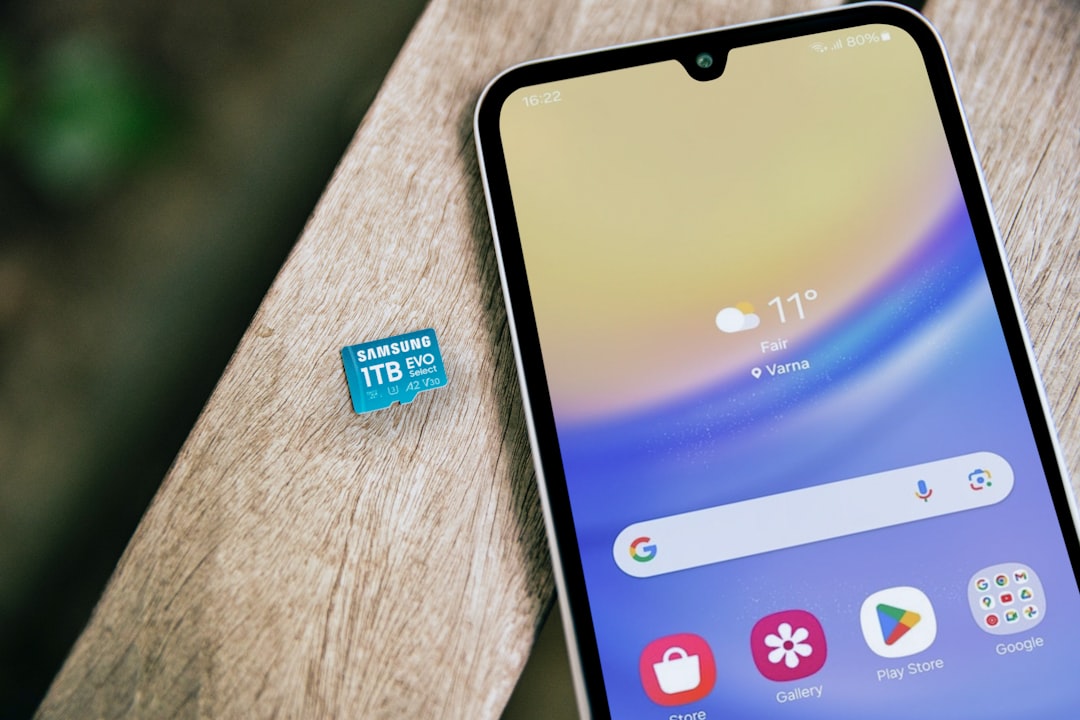Unwanted spam calls are a common nuisance in Virginia. To stop them, residents should familiarize themselves with the Telephone Consumer Protection Act (TCPA) and take proactive measures like registering on Do Not Call lists, blocking numbers, and seeking legal advice from specialized Spam Call law firms or lawyers in Virginia. Accurate record-keeping of spam call details is crucial for reporting and potential legal action. Community education and collaboration through awareness campaigns and sharing resources can significantly reduce spam calls. Engaging a TCPA lawyer ensures effective protection against persistent spammers.
Spam calls are a pervasive and annoying problem, but knowing how to address them in your local community can significantly improve quality of life. This guide delves into effective strategies for dealing with spam calls in Virginia, including understanding the Telephone Consumer Protection Act (TCPA) and its implications. Learn how to identify and document unwanted phone calls, explore legal options with a Spam Call lawyer in Virginia, and foster community awareness to create a quieter, more peaceful environment. Discover steps to stop spam calls at both individual and collective levels, empowering you to take control of your communications.
Understanding Spam Calls and the TCPA in Virginia

Spam calls are unwanted telephone communications that can range from pre-recorded messages to live salespeople. In Virginia, these calls are regulated by the Telephone Consumer Protection Act (TCPA), a federal law designed to protect consumers from certain types of phone marketing. Understanding the TCPA is crucial when dealing with spam calls in Virginia, as it provides important guidelines on how businesses must obtain consent before calling residents.
If you’re facing an onslaught of spam calls, knowing your rights under the TCPA and seeking legal advice from a Spam Call law firm in Virginia can be a game-changer. Experienced lawyers specializing in TCPA cases can help stop these unwanted calls and provide guidance on how to recover damages if applicable. For many Virginia residents, the first step is to learn about their rights and take proactive measures, such as registering on Do Not Call lists and blocking numbers, but for more severe cases, legal intervention may be necessary.
Identifying and Documenting Unwanted Phone Calls

Unwanted phone calls, often referred to as spam calls, are a common nuisance in today’s digital era. Identifying and documenting these intrusions is the first step in combating this issue within your local community. In Virginia, where strict regulations exist to protect residents from such disturbances (TCPA laws), recognizing these calls is crucial. Take note of the caller ID, any patterns, and the frequency of the calls. Documenting details like call times, durations, and specific messages or demands can be immensely helpful when considering legal action against spam call law firms or individual violators.
When dealing with How to Stop Spam Calls Virginia, having accurate records is powerful. These logs will assist both individuals and local community groups in targeting the culprits effectively. Many spam call lawyers in Virginia rely on such evidence to support cases against telemarketers who ignore do-not-call lists. By systematically collecting and organizing this data, residents can ensure that their efforts contribute to a more comprehensive understanding of the problem, potentially leading to more effective solutions and greater awareness among How to Stop Spam Calls Virginia.
Legal Options: Engaging a Spam Call Lawyer in Virginia

If you’re experiencing a relentless influx of spam calls in Virginia, knowing your legal options is essential. Engaging the services of a specialized spam call lawyer or spam call law firm in Virginia can be a game-changer. These experts are well-versed in navigating the Telephone Consumer Protection Act (TCPA), a federal law designed to protect consumers from unwanted telephone solicitations and robocalls.
By retaining a Virginia-based lawyer specializing in TCPA cases, you gain a powerful ally in combating spam calls. They can assist with identifying the source of the calls, building a case, and potentially securing damages or an order for the call provider to cease contact. This not only helps stop the relentless phone bombardments but also sends a strong message that such practices will not be tolerated in your community.
Effective Strategies to Stop Spam Calls Locally

To effectively combat spam calls in your local community, consider implementing several strategies designed to reduce unwanted interactions. Firstly, educate yourself and your neighbours about the latest tactics used by spam callers. Staying informed on emerging trends can help in identifying and reporting suspicious activities. Many areas, including Virginia, have specific laws in place like the Telephone Consumer Protection Act (TCPA) that regulate spam calls. Familiarize yourself with these laws to better understand your rights and options for legal recourse against persistent spammers.
Additionally, register your number on the National Do Not Call Registry, a federal list that restricts telemarketers from contacting registered numbers. In Virginia, there are also state-level do-not-call lists. Collaborate with your community by sharing resources and organizing local awareness campaigns. Many spam call law firms in Virginia offer assistance and guidance tailored to local needs, leveraging their expertise to help you navigate the legal aspects of dealing with unwanted calls. Engaging a lawyer for TCPA in Virginia can be particularly effective in stopping persistent spammers and securing damages if appropriate.
Community Awareness: Educating Neighbors About Spam Call Laws

In the fight against spam calls, community awareness plays a pivotal role. Educating neighbors about the laws surrounding these unwanted phone interactions is a key step in empowering them to take action. Many individuals may not be aware of their rights or the existence of stringent regulations like the Telephone Consumer Protection Act (TCPA) in Virginia. By organizing informational sessions or distributing brochures, community members can learn how to identify spam calls and report them effectively. This knowledge equips them to protect themselves and contribute to a quieter, more peaceful environment.
Encouraging open dialogue among neighbors about their experiences with spam calls can create a collective effort to combat this issue. Sharing resources from reputable sources, such as local law firms specializing in TCPA cases (Spam Call Law Firms Virginia), can provide practical steps for community members to take. This collaborative approach not only helps individuals learn how to stop spam calls Virginia but also fosters a stronger sense of security and community awareness.






